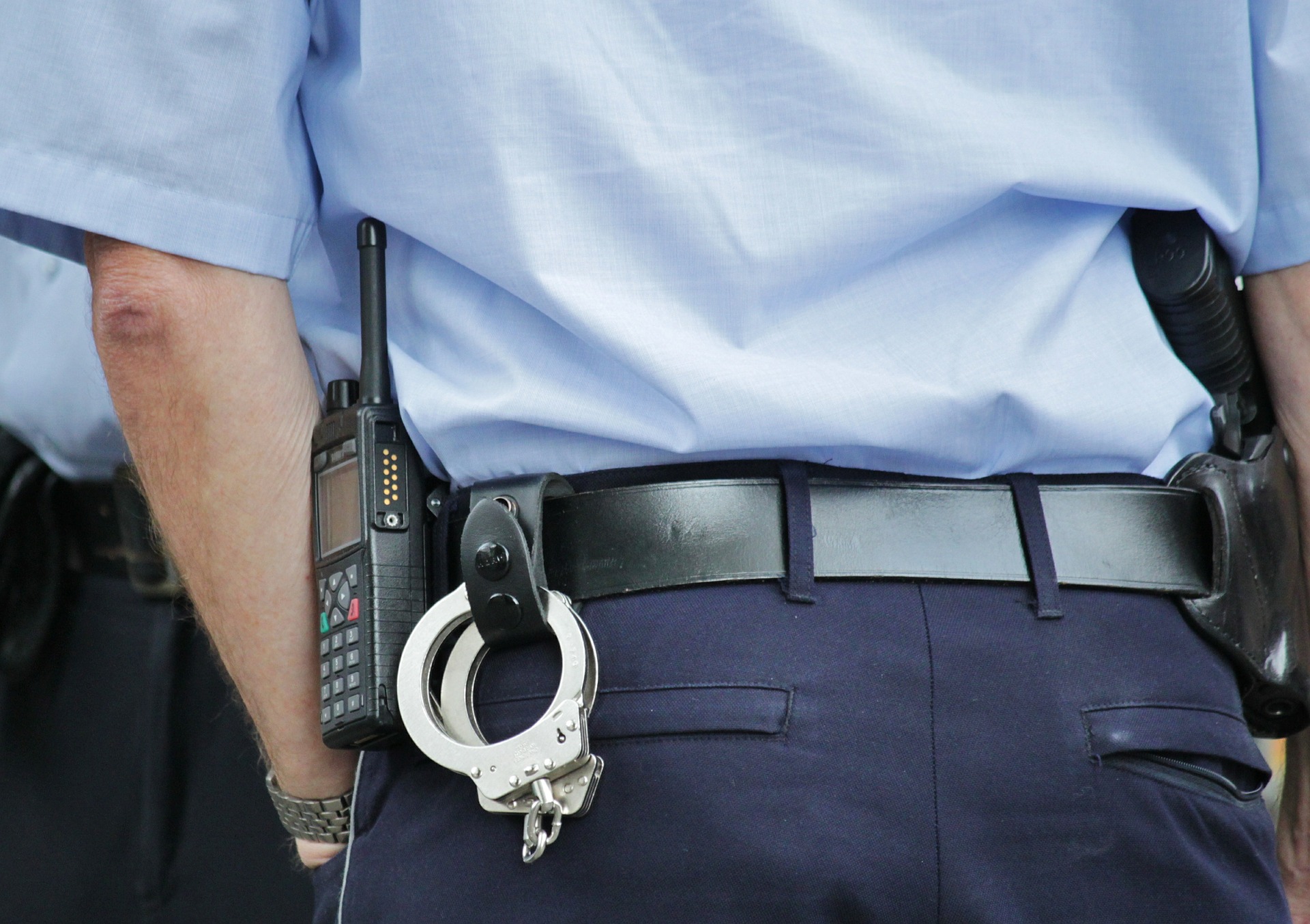The Most Common Forms of Police Misconduct

Police misconduct is a problem that has been around for decades, with the most recent reforms taking place in the 1960s. Police misconduct is generally defined as “the failure of a police officer to perform his or her duty in a lawful and competent manner.”
This definition encompasses a wide range of behavior, including brutality and abuse, discrimination, falsification of records, corruption, sexual harassment and assault, false arrest or imprisonment, failure to provide medical care or trauma care when needed, and other violations of constitutional rights or law.
In recent years, police brutality has been a focal point of national news coverage. In 2017 alone, police officers killed more than 1,000 people across America—and even more than that were injured by them. These numbers are staggering when compared to those from other countries around the world.
If you have been a victim of police misconduct, get in touch with The Law Firm of Joseph H. Low IV today at (562) 901-0840.
What Police Officers Can and Can’t Request You To Do
If a police officer requests your identification, you are required to comply.
However, the following situations outline when you are entitled not to comply unless the officer has probable cause:
- They ask to search your vehicle, you are not required to consent
- They ask to search your person, you are not required to consent
- They request that you exit your vehicle, you are not required to comply
- They ask for your name and address, you are not required to provide it unless the officer is investigating an actual crime or has reasonable suspicion that you have committed a crime
Your Rights When Interacting With Police, and Signs That These Rights Were Violated
When interacting with law enforcement, it is important to know your rights.
The Fifth Amendment protects you from self-incrimination, and the Fourth Amendment protects you from unreasonable searches and seizures. You have the right to remain silent and the right to an attorney if you are arrested. If you are being detained but not arrested, then you do not have to answer questions or consent to a search.
If you’re unsure if your rights are being violated, there are signs that should alert you to the possibility. These include:
- You were detained because of racial profiling or other discriminatory practices
- The officer had no reason to stop you (you should not have been pulled over)
- You were asked questions that did not pertain to a stop
- The officer made promises or threats in order to get information from you
Common Injuries Due to Police Brutality and Compensation Entitlements
Common injuries are caused by beatings, kicking, punching, and using other forms of force on the victim’s body. They may also be caused by tasering or shooting weapons at the victim.
The types of compensation you may be entitled to depend on the severity of your injuries and how they were caused. For example, if you were injured by being shot with a gun or tasered but did not suffer any permanent damage, then you could be compensated for medical expenses and perhaps lost wages while recovering from your injuries.
However, if your gun wound required surgery or resulted in a permanent disability, then you may also be eligible for additional compensation such as lost future wages or pain and suffering damages.
What To Do If You Have Been Brutalized in Long Beach
The first thing to do is to make sure you are safe. If you are injured, it’s important to seek medical attention immediately, before you doing anything else.
Afterward, call a Long Beach police brutality victim lawyer at The Law Firm of Joseph H. Low IV. We are dedicated to protecting the rights of those who have been wronged by the police. We know how difficult it can be to go up against the police department that wronged you, but we are ready and willing to fight for your rights and bring justice for your case.
If you have been arrested or injured by an officer acting outside their jurisdiction, please call us today at (562) 901-0840.